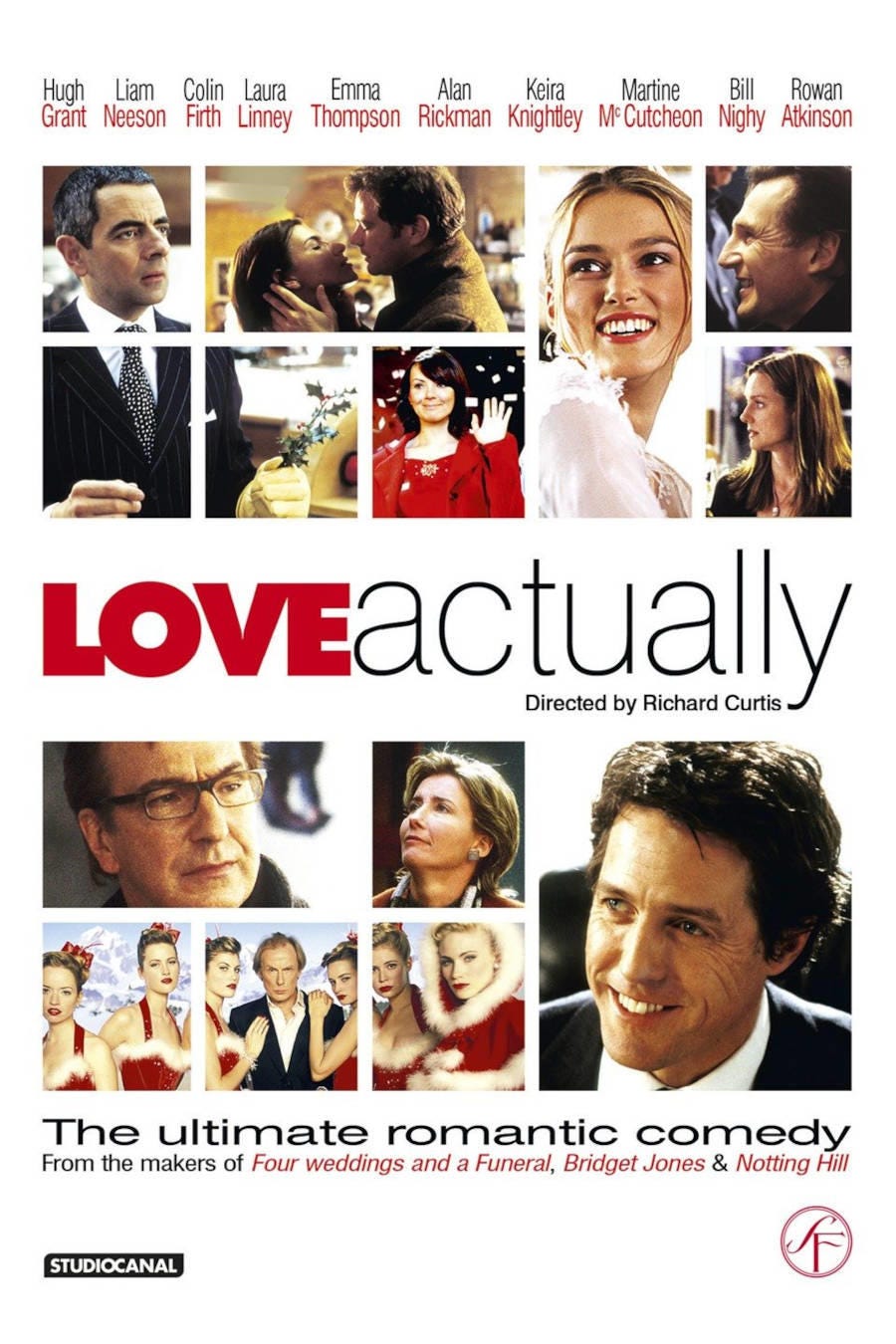⭐⭐⭐
Fiction
🎧 11/📖 333
“ ‘So this is how it ends,’ she thought when the call was over and she was smoothed by the banality of it. ‘You get a phone call in a foreign country and just like that the man with whom you once thought you’d grown old has departed from this earth.’ ”
Emily St. John Mandel’s Station Eleven was a local book club’s pick for April - although I couldn’t attend the book club session and was unfamiliar with Mandel’s work, my curiosity was piqued and I embarked on this piece of fiction.
Station Eleven is a non-chronological story centered around the events before and after the Georgia Flu - a swine flu that wiped out 99.6% of the global population. The central characters lives are slowly revealed to be intertwined, like an pandemic Love Actually except with a traveling theatre group, child brides, and global lawlessness. The main characters are an actor, that actor’s first wife, the actor’s oldest friend, a man who tried to save him, a Prophet, and a young actress.
At first, I was not enjoying this book. About 1/3 of the way through, as the connections begin being fortified, I became more engaged and found the non-chronological structure more enjoyable and could see how Mandel used it as a tool to connect the story lines. The individual stories vary between heart-shattering and cliché, but together work very well.
As the flu spreads, humans become stranded at airports, on different continents far from home, and the general functioning of society is at a full stop. While listening, I considered which type of land would be a greater privilege to be stuck on; a major land mass like Asia or North America, or a small island, like the one of the Caribbeans? I still haven’t come to an answer after much internal debate.
In general, there are many books, movies, and TV shows about pandemics. The imagined collapse of civilization has been documented many times in many forms as well (one of my favorites was the TV show adaptation of The Last Ship featuring McSteamy from Grey’s Anatomy). Station Eleven also has a TV adaptation from HBO Max, which I haven’t seen and might decide to if its easily bingeable. Like any true pandemic story, the word unprecedented is used throughout the book. If a pandemic happens and no one uses the word “unprecedented,” did it really happen?
I didn’t think Mandel added anything new to the genre, but expanded on nostalgia for humanity and hope for recovery. This was done particularly through the Museum of Civilization, a catalogue of sorts containing objects like laptops and stilettos in an airplane hangar. I really loved the sentimentality she gave characters who overall have so little to hang onto.
“Because we are always looking for the former world before all the traces of the former world are gone.”




